When Ramsay MacDonald became prime minister 100 years ago today, he took the values instilled in him from his Lossiemouth upbringing and put them on a national stage.
Appointing the first woman to cabinet, committing to funding a huge expansion of council houses and working to try and achieve peace throughout Europe are all legacies of the Moray-born loon.
In the late 19th Century the survival of coastal towns in the north-east depended on communities pulling together.
Mr MacDonald was born as an illegitimate son in a thatched house with expectations he would work the land or at sea.
However, through hard work and dedication he gained the skills and the experience to become the UK’s first Labour prime minister.
Soon he was sharing conversations with some of the great thinkers of his time including Albert Einstein, Mahatma Gandhi and Nobel peace prize winners.
How Ramsay MacDonald broke the mould for prime ministers
Scottish Labour leader Anas Sarwar believes Ramsay MacDonald’s biggest legacy is showing anyone from any background can rise to lead the country.
Instead of leaders being confined to wealthy classes from big cities, the son of a Lossiemouth farm worker and housemaid took Labour into power for the first time.
Mr Sarwar’s own grandfather settled in the Moray town in the 1940s after initially travelling door-to-door across Scotland after moving from Pakistan.
And it was the warm welcome from the community that made him settle in the north-east and build a new life for himself – values he believes were also instilled in Mr MacDonald.
He said: “It was the people and that sense of community of looking out for each other that made my grandfather want to stay. He was going door-to-door until a family took him in.
“It’s no secret that Ramsay MacDonald gets a mixed write up in Labour circles, but when you look at his history you can see the importance of his politics in the relationship with his community.
“He believed in building something bigger than himself or an individual political party, he believed in the wider community and building bridges and pulling people together.
“You can see the values of Lossiemouth in the sort of leader Ramsay was, and his politics in the town that made my grandfather want to stay.
“His legacy is breaking Labour’s duck in getting into power, but breaking the mould of prime ministers was a seismic change.”
Lossiemouth memories of prime minister
Ramsay MacDonald’s love of Lossiemouth led to him building his family home in the tow, which still stands on Moray Street more than 100 years later.
He was given the option of being buried in Westminster Abbey after his death but declined the offer and lies in Spynie Kirkyard bear Elgin with the rest of his family.
Labour activists and Mr MacDonald’s granddaughter Iona Kielhorn, who still stays in the family home, gathered in the town to mark 100 years since he became prime minister.
Sandy Keith, chairman of Moray Labour, said: “Coming from poverty almost unimaginable today, he rose to lead this country which, at the time, governed a quarter of the globe, and was toiling from the efforts of the First World War.
“We will be doing all we can to elect a Labour government whenever the Tories decide to call an election this year.
“In the days after the 2015 election, and again in 2019, my own response was to visit the graveside of Ramsay MacDonald to reflect.
“I was brought up in a council house and I’m proud of it. Many here today were also brought up in council houses thanks to a vision given birth 100 years ago by Ramsay MacDonald’s government in 1924.”
Ramsay MacDonald in 10 Downing Street
Ramsay MacDonald’s first term in office lasted less than a year and he moved into Downing Street for a second time in 1929.
Key policy decisions included raising unemployment benefits, improving conditions in the coal industry and funding more than 500,000 new council houses – despite financial pressures.
At the urging of King George V, he led a National Government in 1931 comprising political representatives of all sides.
It was a move that would lead to him being expelled from the Labour.
His commitment to trying to establish peace in Europe following the First World War led to arguments nationally and at home.
He was famously banished from Moray Golf Club due to his political views, and refused to return when invited back after he became prime minister.
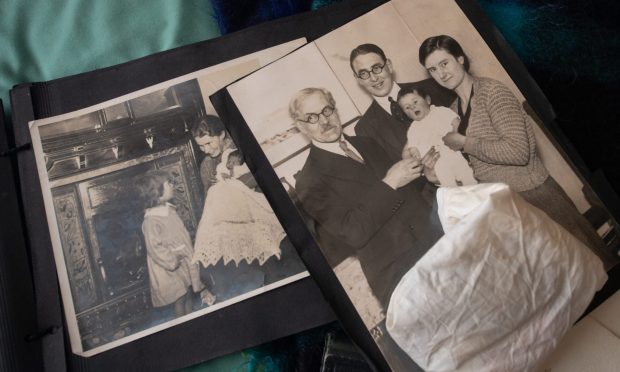
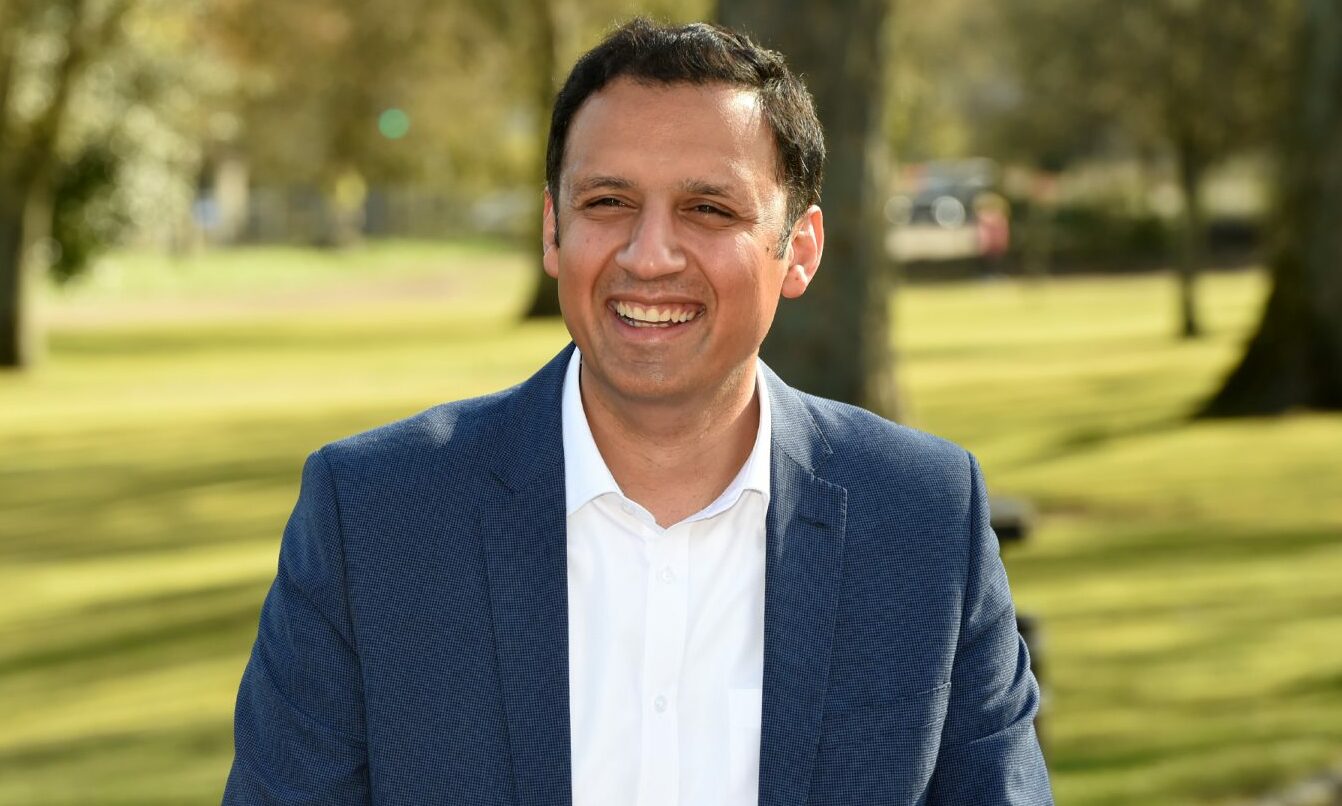
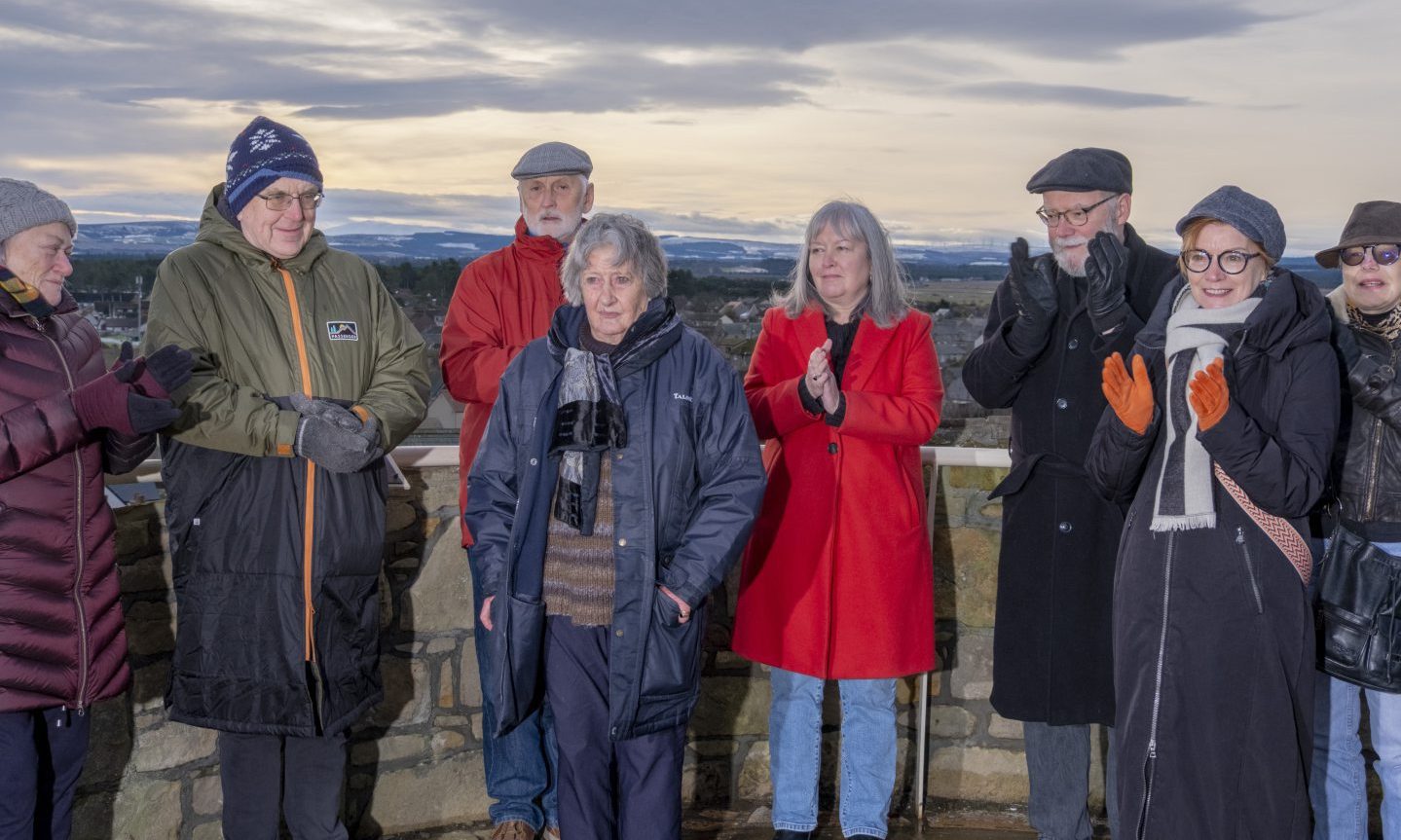
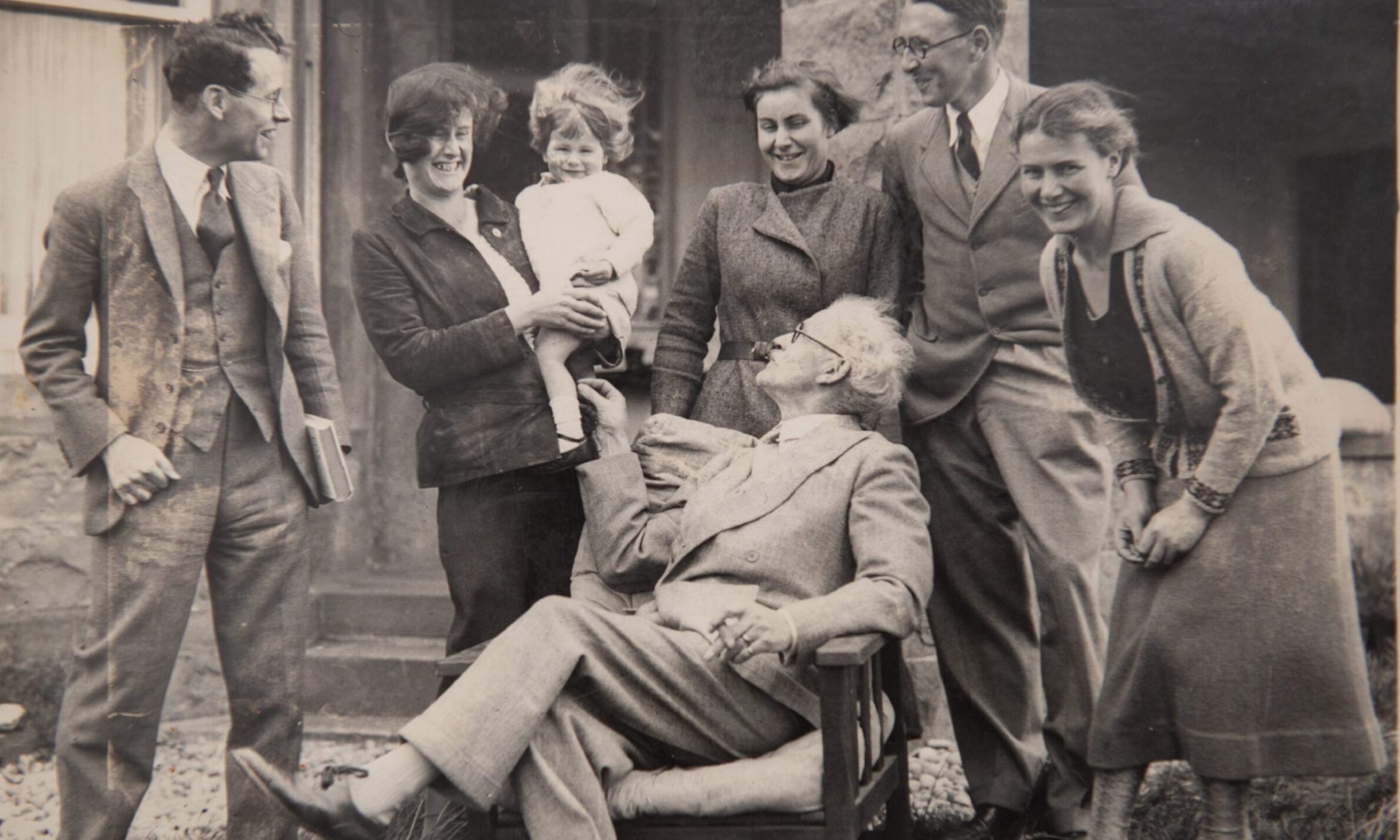
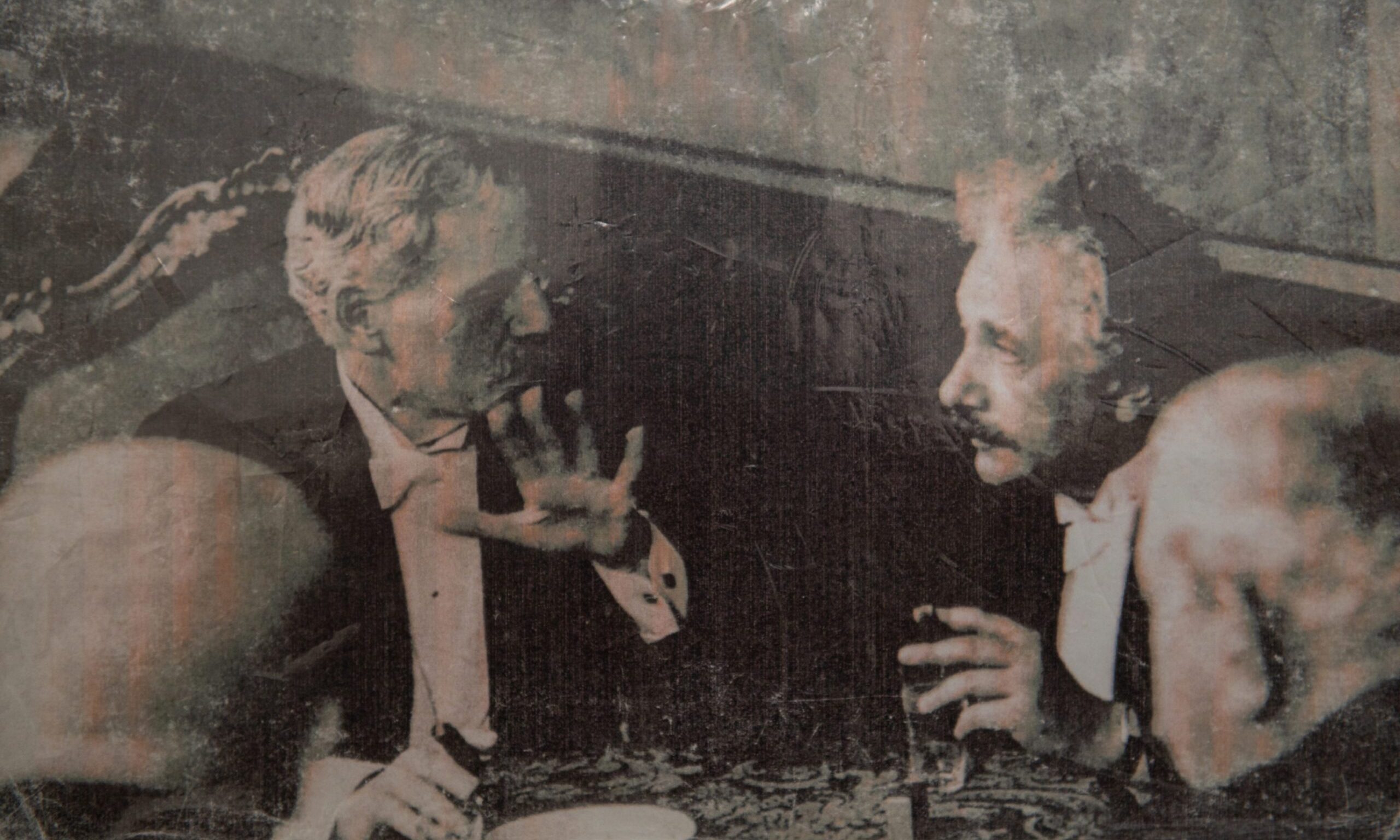
Conversation